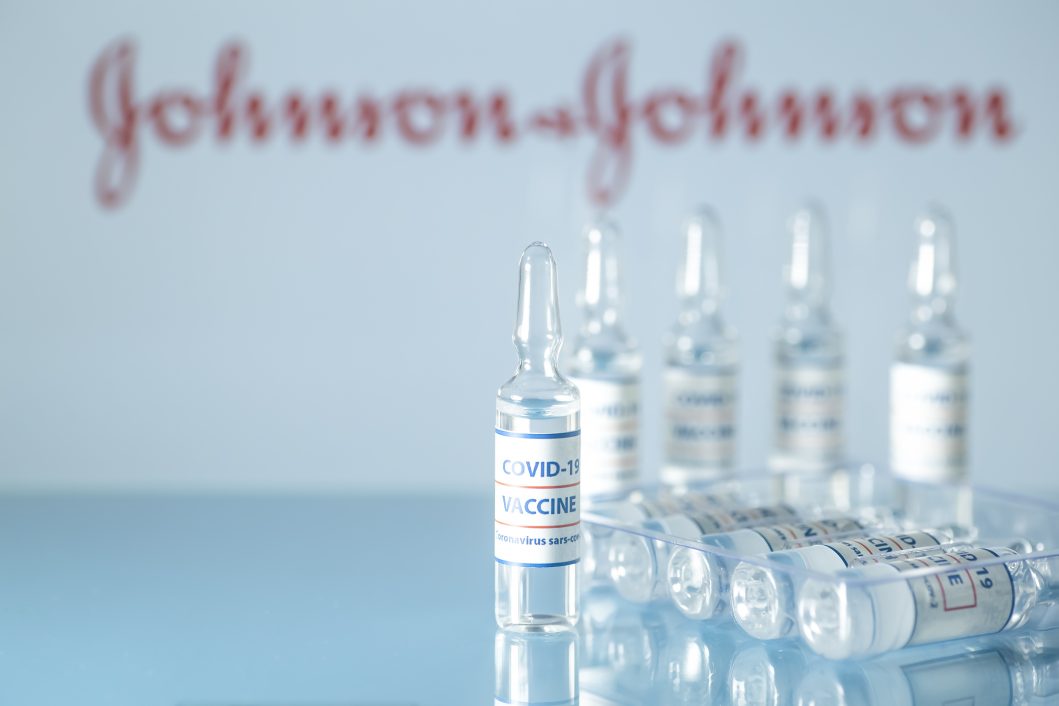Photo credit: vladimirzuev – stock.adobe.com
More than 6.8 million doses of the Johnson & Johnson (J&J) vaccine have been administered in the United States. When compared to Pfizer and Moderna, which both require two shots, the single dose J&J vaccine is more appealing, especially to those individuals who are disabled, those who reside in long term care facilities, and those with technological and geographical barriers as it only requires one trip to the vaccine clinic. In recent news, however, the Food and Drug Administration (FDA) and Centers for Disease Control (CDC) have issued a “pause” on the administration of the J&J vaccine following several reports of rare and severe blood clots forming 6 to 13 days following the vaccine.
Six women, between the ages of 18 and 48, have developed a rare type of blood clot called a cerebral venous sinus thrombosis (CVST), along with low levels of blood platelets, called thrombocytopenia, after receiving the J&J vaccine. Of the six women, one died of complications and another was hospitalized in critical condition. The CDC and FDA have recommended pausing the administration of this vaccine to allow time for training within the health care system to identify, report, and effectively treat patients who may develop these conditions after the J&J vaccine. Treatment for a CVST following a COVID vaccine is different from the treatment that might typically be used. In a normal setting, Heparin, an anticoagulant, would be used to treat blood clots, however, administration of Heparin may be dangerous in this scenario and alternatives need to be used. It is important to note that even though all six individuals who reported blood clots are female, no links have been identified that would increase your chances of developing these blood clots if you received the J&J vaccine and are female.
According to the CDC, if you received the Johnson & Johnson vaccine:
– More than a month ago, the risk of developing blood clots is very low
– Within the last few weeks, contact your healthcare provider if you notice any of the following symptoms:
- Severe headache
- Abdominal pain/cramping
- Leg pain
- Shortness of breath
The Advisory Committee on Immunization Practices (ACIP) for the CDC hosted a meeting to review the cases and recommend possible changes to the use of the vaccine. You can listen to their “Joint Media Call” by following the link below.
Note: There have been no reports of blood clots or low levels of blood platelets in those who received the Pfizer or Moderna vaccine.
FDA and CDC Joint Media Call to Discuss Janssen COVID-19 Vaccine
Joint Media Call: FDA & CDC to Discuss Janssen COVID-19 Vaccine – 4/13/2021 – YouTube
For more information on this developing story, you can visit the CDC and FDA websites at
CDC: Centers for Disease Control and Prevention (cdc.gov)
FDA: U.S. Food and Drug Administration (fda.gov)
Share this Post




